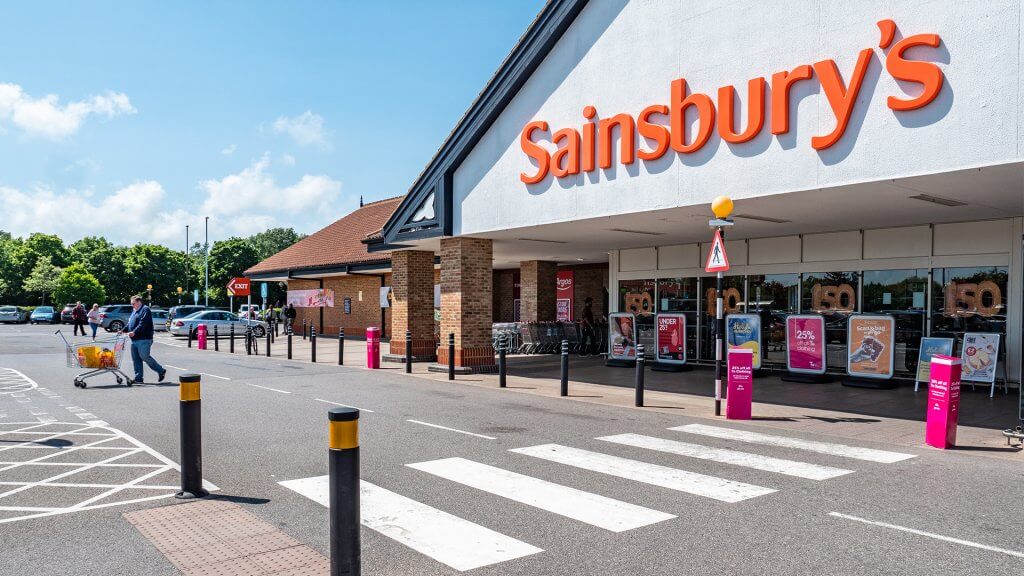Selling any kind of business can feel like a pretty daunting prospect. It’s not like other products that can be neatly packaged up and listed on an online marketplace. There are multiple moving parts, and a whole host of complex factors that have to be considered, from regulatory compliance to valuation.
Businesses in the retail sector are similarly complex to sell, and it’s important that you get your strategy just right. From conducting a thorough initial preparation of your documents to getting ready for due diligence, this is what you need to know.
Initial preparation
When selling a retail business, before you can start with a valuation or marketing plan, you’ll need to do some initial preparation. Practically speaking, this means preparing and sorting through extensive documentation on your business, including audited accounts, cash flow forecasts, and analyses of sales trends. You’ll also want to make sure that you’re clear on any outstanding debts, either paying them off or showing how the business plans to pay them off.
Valuation
Next, one of the most important parts of the process – valuation. This can be very difficult with retail businesses, as the value will typically be far more than the material assets like shops and stock. Instead, it will lie in the brand, and it’s important that you get this aspect just right. You should also include a thorough analysis of your market position, and carry out research so that you can present data on your customer base.
Timing
Once your business is ready for sale and you have a figure you want to aim for, you’ll have to choose a time to sell. This will depend on a number of factors, including how quickly you need to raise cash for other ventures, whether or not the market is currently in a good position, and which other parties also need to be included in these decision-making processes.
Marketing the business
Once you’ve chosen a time to sell, all that’s left to do is market the business and find a buyer. That being said, this may be the most difficult part of the process, and it’s important to get it just right. You’ll likely want to work together with a business broker like Dexterity Partners, and potentially other marketing consultants and business partners, to make sure you expose the sale to just the right potential buyers.
Due diligence
Lastly, you’ll need to make sure that you’re prepared for due diligence. The buyer will need to thoroughly inspect the business, but you may also need to do some checks on the buyer. This could especially apply if you’re selling regulated products, that require the business owner to have certain certifications or pass certain background checks.
It’s important not to underestimate how long this kind of sale can potentially take, so that you leave enough time to get everything done. You don’t want to end up rushing, and potentially not get as much for your business as you deserve.






























